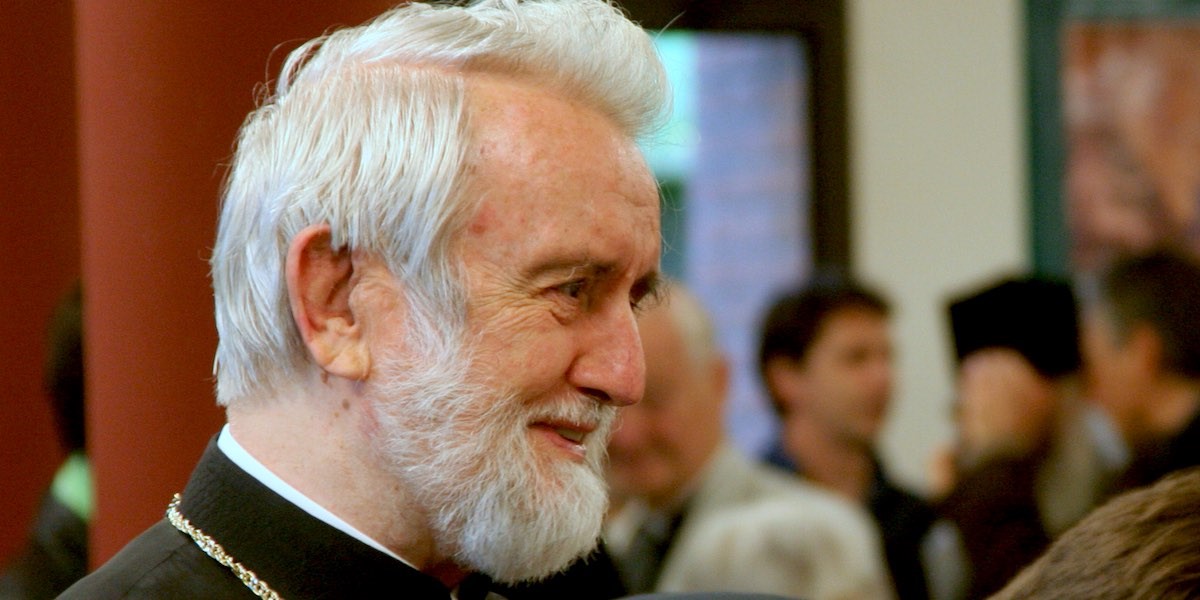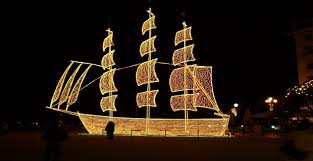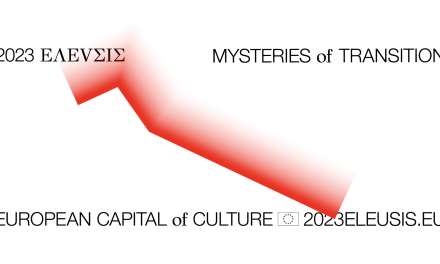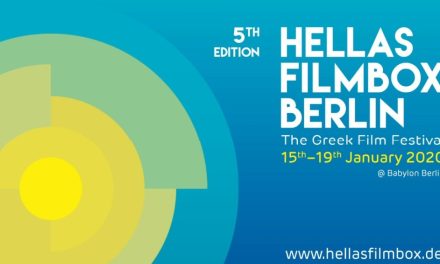John Zizioulas, Elder Metropolitan of Pergamon of the Ecumenical Patriarchate of Constantinople and internationally regarded as one of the greatest Christian theologians of his time, passed away this February 2023 at the age of 92. In a letter of condolence to the Ecumenical Patriarchate, the general secretary of the World Council of Churches (WCC) Rev. Prof. Dr Jerry Pillay expressed deep sadness. “His theology of communion and his research on conciliarity will continue to guide the work of the “Faith and Order” Commission, and of the World Council of Churches in general, as we are preparing for the celebration of the first ecumenical council of Nicaea in 2025,” wrote Pillay. “Metropolitan Zizioulas remains in the prayerful memory of many Christians across the globe as one of the greatest theologians of the 20th century.”
Rev. Dr Susan Durber, moderator of the WCC Faith and Order Commission, said that, for many people among the Protestant churches, Elder Metropolitan Zizioulas was someone who revealed the wonder of Orthodox theology, in ways that were deeply compelling and attractive. “His influential book ‘Being as Communion’ gave us a profoundly theological way to resist the individualism that can sometimes distort Western culture, as well as a renewed vision of the church,” said Durber. “His writings, his presence, and his voice profoundly impacted the work of Faith and Order in the WCC and his work continues to be celebrated and debated among all the churches. For me personally, his writing opened ways of understanding the divine that I have learned to appreciate and love.”
Rev. Dr Kuzipa Nalwamba, WCC programme director of Unity, Mission, and Ecumenical Formation, reflected on his deep contributions to the ecumenical movement. “Elder Metropolitan Zizioulas was an astute theologian and a prolific writer who has left a legacy of his reflections for posterity in the ecumenical movement,” said Nalwamba. “His reflections on the unity of the church and the role of the bishop in Orthodoxy took the content of the ‘Baptism, Eucharist and Ministry’ study document further, nuancing it to bring the Orthodox position into dialogue with, and for mutual enrichment within, the ecumenical movement.”
In the early 1980s, the great Dominican theologian Yves Congar already called him “one of the most original and profound theologians of our time”. Precisely because of the inexhaustible richness of the sources of faith from which he drew his theology, Zizioulas also became a key figure in the theological dialogue initiated after the Second Vatican Council to remove doctrinal obstacles to the restoration of full communion between Catholics and Orthodox.
In the obituary written by theologian dr. Dionysios Skliris for website In.gr we read: John Zizioulas was one of the leading proponents of existential discourse in theology and the most influential Christian theologian of his era, with over 200 doctoral and diploma theses published on his work. From this point of view, he could be considered as one of most important Greek thinkers in the international academic community, although in Greece most of his work remains unpublished. His great influence is due to the fact that his thought goes with clarity to the essential, as he expresses in a simple but profound way the meaning of the building blocks, of the human condition, such as freedom and love.
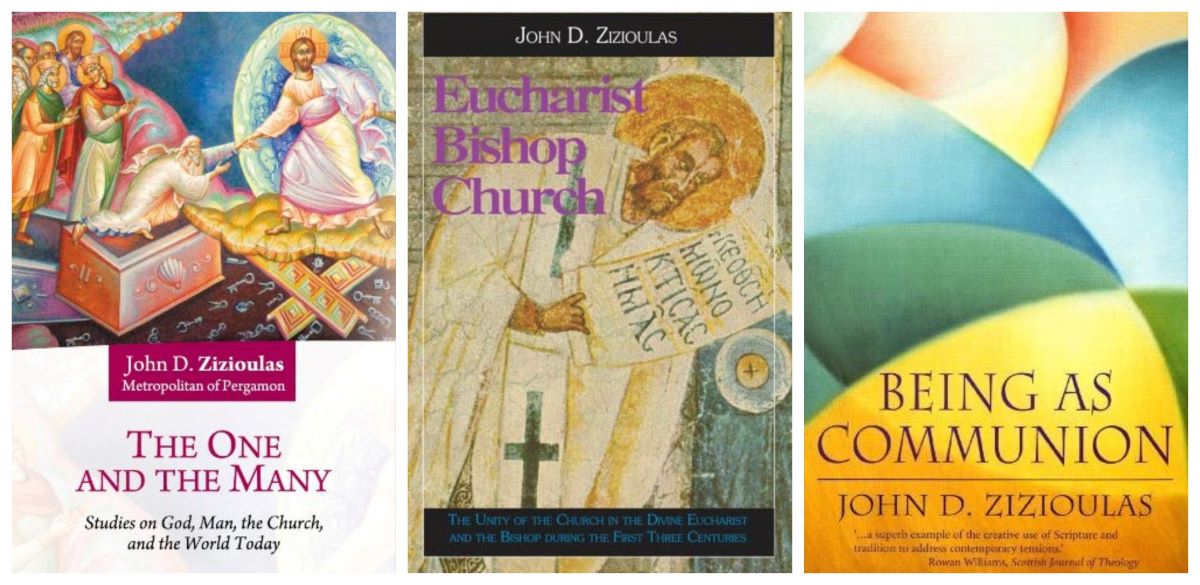
The life of Metropolitan John Zizioulas
John Zizioulas was born in Greece, in the village of Katafygio at the north-western region of Kozani in 1931 and he studied at the Theological Schools of Thessaloniki and Athens. At Harvard University, he studied with the existentialist thinker Paul Tillich and the Russian Father Georges Florovsky, as well as with the classical philologist Werner Geiger. He worked as a fellow at the Harvard Foundation for Byzantine Studies, Dumbarton Oaks. At the Theological University of Athens, he submitted his doctoral thesis “The Unity of the Church in the Eucharist and the Bishop during the first three centuries” (1966), which is considered a milestone, as it reintroduced the central importance of the event of the Divine Liturgy for the establishment of the Church, putting to question the overly institutional understanding of church institution.
From 1967 he worked as Secretary of the “Faith and Order” Commission of the World Council of Churches, active in the dialogue of the different confessional Churches. From 1970 he taught doctrinal theology at the universities of Edinburgh and Glasgow, from 1984 at the Aristotle University of Thessaloniki and from 1989 at King’s College in London. In 1986, he was ordained Metropolitan of Pergamon and was the representative of the Ecumenical Patriarchate in the inter-Christian dialogue, while from 1993 he was a member of the Academy of Athens. In 2002 he served as the President the Academy of Athens, being the first Cleric President. He was vice-president of the Commission for Dialogue between the Orthodox and Roman Catholic Churches, as well as Director of the Representation Office of the Ecumenical Patriarchate in Athens. He represented the Ecumenical Patriarchate in several international assemblies.
The Work of Metropolitan Zizioulas
His seminal works are three: (a) Being as Communion (1985) in which he deals with the question of what it means to exist because you love (this is the theological meaning of “communion”) arguing that existence itself is based on love, and that love is not a mere addition to existence, but its component, (b) Communion and Otherness (2006) where the reflection concerns being grateful to every other being and finally to God himself, the ultimate Other and ‘the author of all otherness’. (c) the third work of his life, his magnum opus, unfortunately remains unpublished so far. A potential title could be “Remembering the Future: An Eschatological Ontology” and deals with the theological question of what it would be like to remember not one’s past, but one’s future, a future, however, that has already entered history through the resurrection of Christ. The original and paradoxical combination of term “eschatological ontology” by Zizioulas means that real existence is revealed at the end of one´s being and not at its beginning, and in this sense the future interprets and explains the past instead of the opposite.
The Holy and Great Council of the Orthodox Church in Crete in 2016, which renewed synodal consciousness and activity of the Orthodox Church after many centuries, was largely his work. The turn of the Ecumenical Patriarchate’s interest towards the ecological problem as early as the 1980s, was also his inspiration and it meant a shift in values, according to which the damage to the natural environment, animals and plants can be considered as a “sin” of man. John of Pergamum, however, mainly emphasized the need to transcend the ecological issue not through a new paganism, but viewing man as a minister of nature hwo has to safeguard it for God.
John Zizioulas’ thinking on personhood focuses on how the person is a unique and unrepeatable identity that results from the also unique and unrepeatable relationship with others. Zizioulas uses the work of the Fathers to make an important distinction between the person, who is defined by a community, and the individual who defines himself in isolation from others, and who sees community as a threat to his freedom. Zizioulas argues that God is the origin of freedom and community, and that the Christian Church is the place in which the person and freedom come into being.
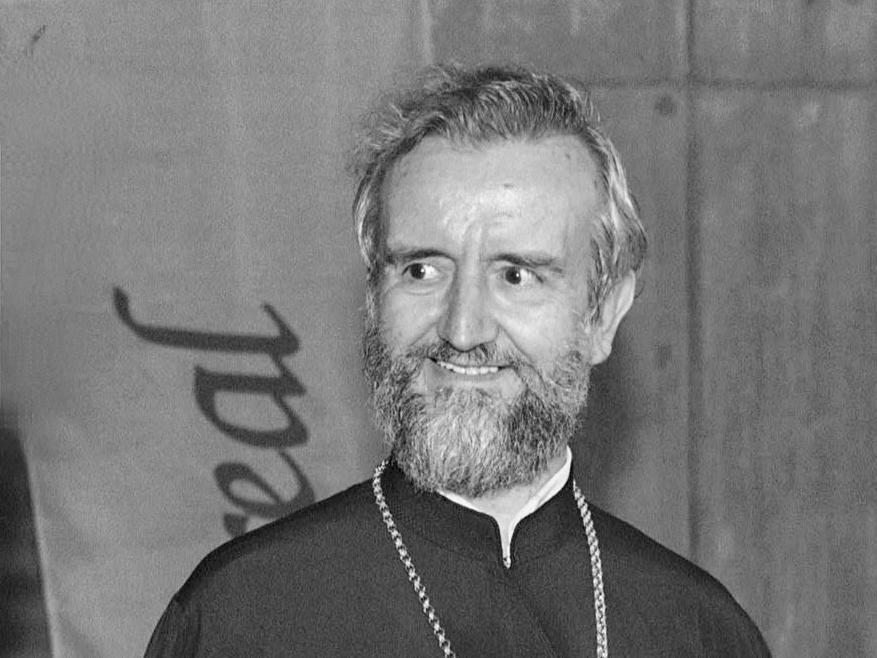
TAGS: GLOBAL GREEKS | ORTHODOX CHRISTIANITY | RELIGION

